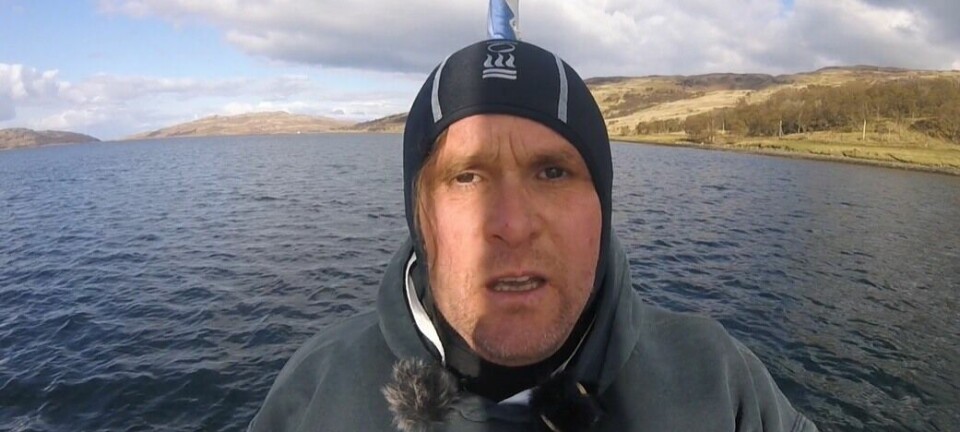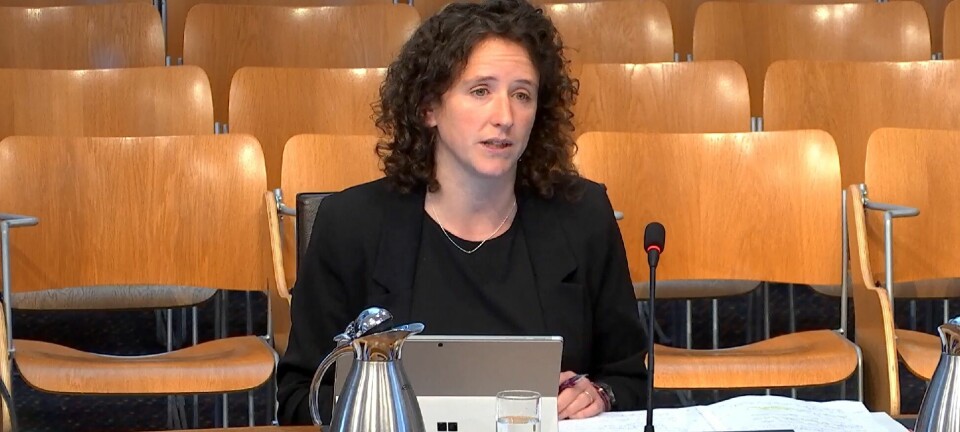
Industry relieved by closed-containment defeat
A Bill proposing to move open ocean salmon farming entirely to land-based closed-containment systems has been defeated in the Canadian parliament by 215 to 80 votes, a decision that's been welcomed by the country's salmon producers.
After its second reading in the House of Commons in Ottawa, on December 2nd, Bill C-228 was rejected by a 73%.
Fish Farming Expert had a chance to speak to the executive directors of the Canadian Aquaculture Industry Alliance (CAIA), BC Salmon Farmers Association (BCSFA), and the Atlantic Canada Fish Farmers Association (ACFFA), about the bill’s defeat.
“The results of the vote in parliament show the commitment the government of Canada, and the previous government, have to sustainable aquaculture in Canada,” said Jeremy Dunn, executive director of the BCSFA.
Dunn explained how BC’s global advantage is their ocean environment.
“Members of the BCSFA look forward to continuing to employ world best practices and farm in a responsible and sustainable manner to provide a much needed food source for Canada and the world,” he said.
"Land based freshwater fish farming is a genuinely good option for the production of egg to plate output for a number of species, including tilapia and trout. But ACFFA members know that farming Atlantic salmon in their natural environment - the ocean - is the responsible way to farm this particular species,” said Susan Farquharson, executive director of ACFFA.
“Until that changes, we will do what we do best: use the marine and freshwater resources in the most efficient and considered way, in both marine and land based systems, to help feed the world,” Farquharson continued.
“This past fall the Hon Dominic LeBlanc, the new federal Minister of Fisheries and Oceans, committed to a new responsible and sustainable aquaculture regulatory regime, and a new Aquaculture Act for Canada. It will be the first act of its kind since Confederation,” said Ruth Salmon, executive director of CAIA.
She continued: “This new legislative framework will not only ensure a sound, science-based approach for assessing and managing risks, but it will recognize and reflect the unique characteristics of aquaculture operations from coast-to-coast. It will result in increased investment and growth in farmed seafood production that will benefit all Canadians.
“In that light we felt that Bill C-228, the closed containment bill, was an unnecessary distraction from building a new regulatory regime that will position Canada as a global leader in aquaculture excellence.”
Background
The proposed Bill would have amended the Fisheries Act, requiring that finfish aquaculture for commercial purposes in Canadian fisheries waters off the Pacific Coast be carried out in closed containment facilities.
It also required the Minister of Fisheries and Oceans to prepare, table in Parliament and implement a plan to support the transition to the use of closed containment facilities and to protect the jobs and financial security of workers in that sector.
“When we talk about our fisheries industry, whether it is wild or farmed, we have to make sure that not only is it good for Canada's economy but it is also good for our environment,” said Kevin Lamoureux, Parliamentary Secretary to the Leader of the Government in the House of Commons.
He continued: “The responsible thing to do is what the federal government has committed to do and that is to invest the financial resources in the industry to allow the proper science to take place so that the industry as a whole can be protected.
“I would emphasize that we are not putting the industry's needs ahead of the environment. When we look at the industry we see it is a complement to the overall community, whether it be society as a whole or the economy. The responsible thing will be done.
"The aquaculture industry supports 4,900 direct, full-time jobs in this vast country, with salaries paid out to the tune of $106.2 million each year, which is 30% higher than other industries. If we want to include indirect jobs in that figure, we can add another 9,600. The industry contributes $500 million to the BC economy alone."




















































